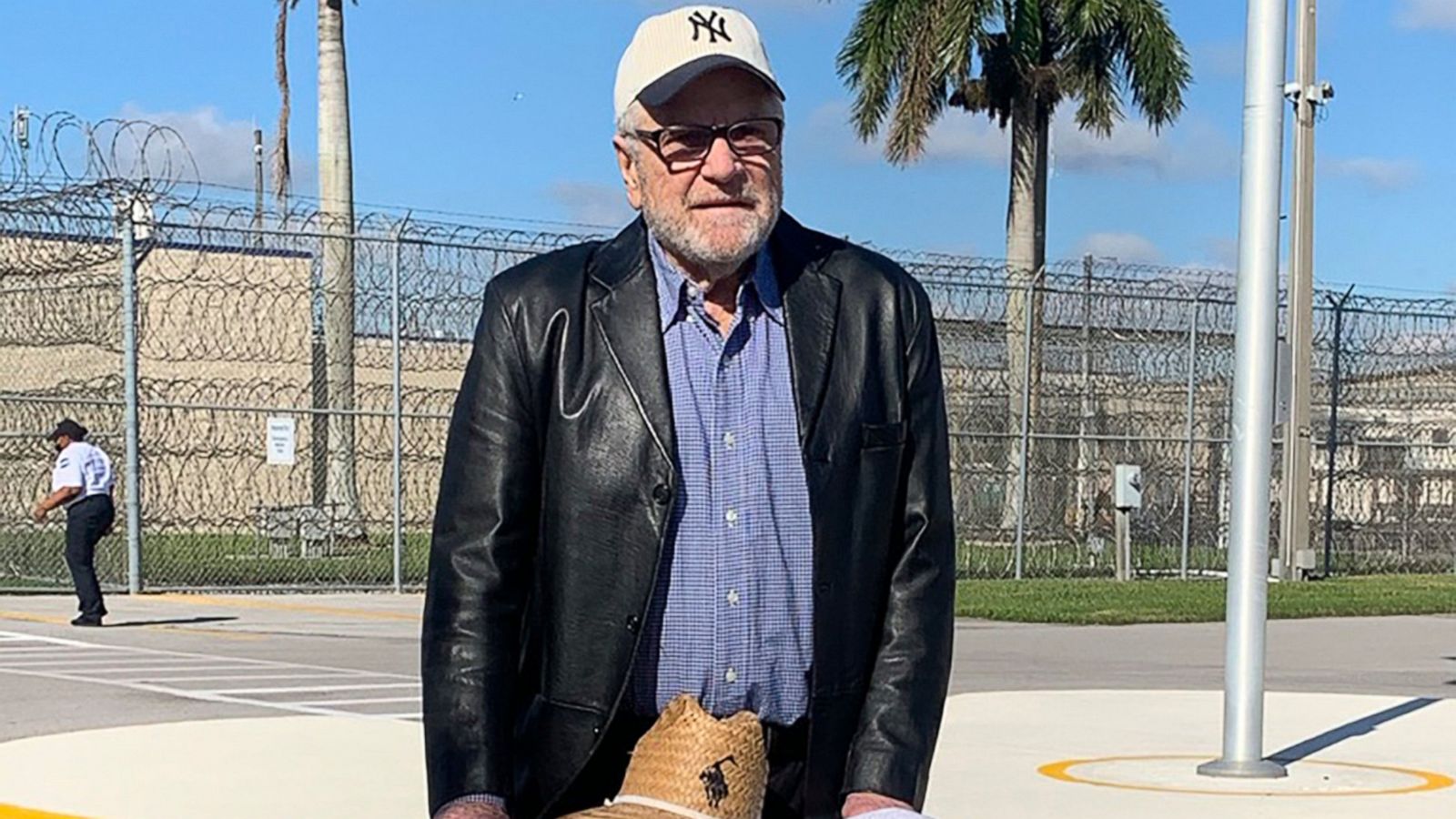Image via
America’s longest-serving cannabis offender has finally walked free from prison for the first time in 31 years.
71-year-old Richard DeLisi was released from a Florida prison this week after serving three decades for conspiring to smuggle weed into the Sunshine State. In the late ‘80s, DeLisi and his brother Ted were caught in a reverse-sting operation set up by local cops in conjunction with US customs and IRS officials. In this scheme, cops dreamed up a fake criminal conspiracy to smuggle large quantities of weed into Florida solely to entrap these two men.
A government informant approached the brothers and convinced them to get involved in the bogus scheme. Once Richard agreed to take part, the cops busted the brothers and charged them both with participating in a conspiracy to traffic cannabis. Reverse-sting entrapment is actually illegal in many countries, but perfectly acceptable in Florida and the US at large. This tactic allowed cops to arrest both brothers simply because one agreed to commit a crime — even though neither of them actually physically smuggled weed at all.
In 1989, the brothers were tried under RICO conspiracy charges and found guilty. And although the standard federal prison sentence for marijuana trafficking is only 12 to 17 years, the conspiracy charges allowed the judge to up Richard’s sentence to 98 years in prison. Ted DeLisi was assigned a similar sentence, but was able to have his conviction overturned in 2013 and was eventually set free.
While imprisoned, Richard DeLisi’s wife, parents, and 23-year-old son all passed away, and his daughter was in a terrible car accident that left her paralyzed. His remaining family members fought to get him free from jail, spending over $250,000 on legal fees and $80,000 on collect calls. Finally, at the insistence of the Last Prisoner Project and several pro-bono attorneys, the Florida Department of Corrections agreed to release DeLisi last month.
Chiara Juster, one of the pro-bono attorneys who handled the case, called DeLisi’s life sentence “a sick indictment of our nation.” This week, Florida authorities finally acknowledged the injustice of this conviction and allowed DeLisi to put this dark chapter of his life behind him. At long last, DeLisi was finally able to meet his two granddaughters for the first time and reconnect with family members for the first time in three decades.
“I’m a blessed human being, a survivor,” DeLisi told the Associated Press. “Prison changed me. I never really knew who God was and now I know and it changed the way I talk to people and treat people.” The former inmate added that he learned how to read and write while in prison and eventually became a mentor to his fellow inmates.
And now that he is free, DeLisi said he hopes “to make the best of every bit of my time” fighting for the release of other inmates who are serving excessive sentences for minor crimes. “The system needs to change and I’m going to try my best to be an activist.”
There are at least 70 other Americans currently serving effective life sentences for committing nonviolent cannabis crimes, according to the Last Prisoner Project. And like DeLisi, many of these are elderly inmates who are at higher risk of contracting COVID-19 while in prison.











